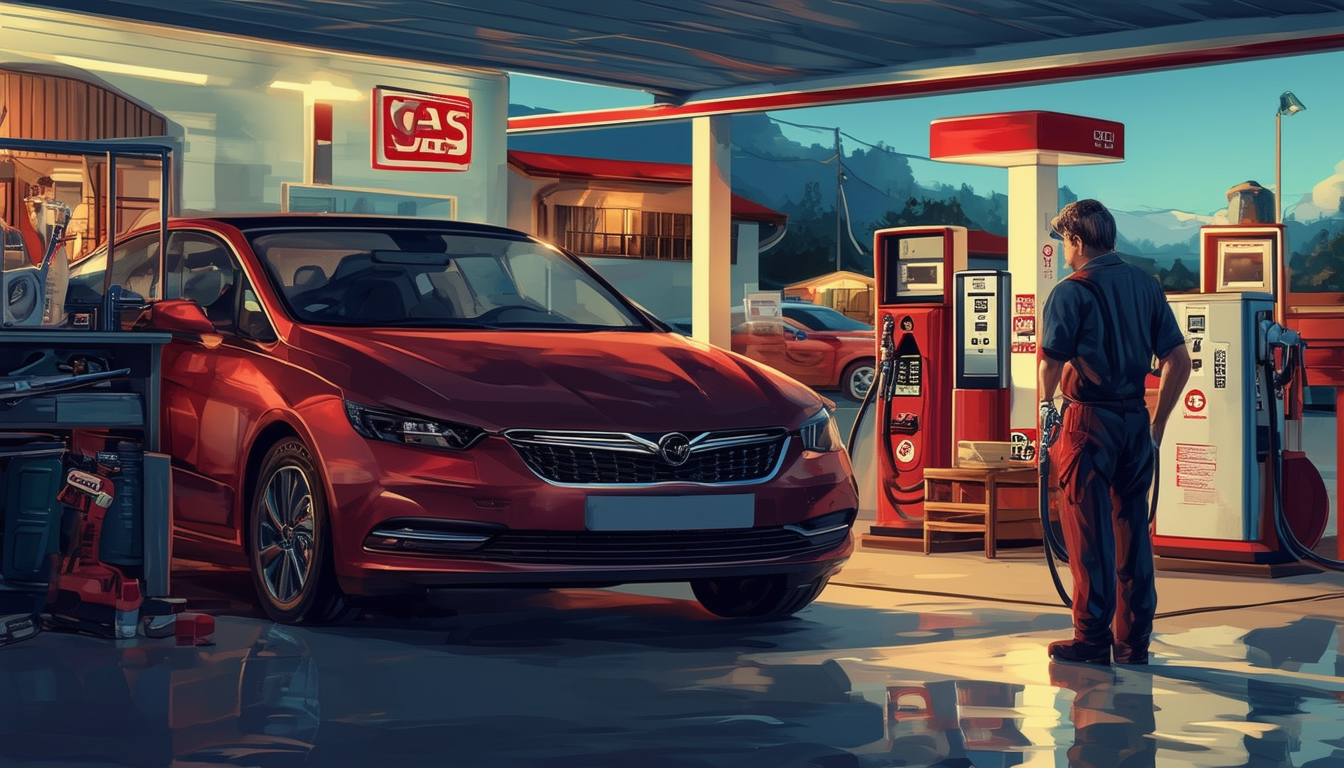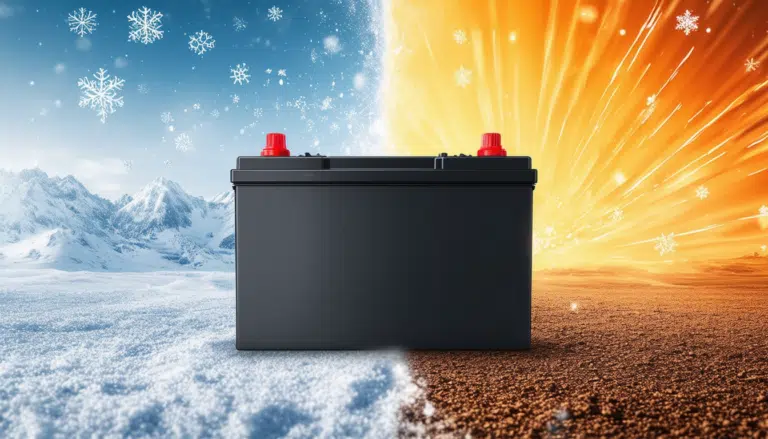Why vehicle maintenance is essential to avoid excessive fuel costs

Proper maintenance of vehicles is essential to ensure their efficiency and performance in fuel consumption. Often, drivers underestimate the importance of regular check-ups, which can lead to a considerable increase in expenses due to lack of attention. Factors such as low tire pressure, a dirty engine, or a malfunctioning injection system directly affect the energy efficiency of the car, resulting in excessive fuel consumption. Preventive maintenance not only saves money but also contributes to optimal performance and safe driving.
Introduction
Vehicle maintenance is not only a matter of safety but also of economy. Keeping a car in optimal condition can translate into significant savings on fuel and, consequently, money. This article explores the reasons why it is crucial to perform regular maintenance to avoid excessive fuel expenses.
The relationship between maintenance and fuel consumption
When a vehicle is well-maintained, its performance improves significantly. Irregularities in operation, such as a dirty engine or clogged filters, can cause an increase in fuel consumption. Proper maintenance, which includes oil changes and filter checks, ensures that the engine works efficiently, resulting in lower gasoline usage.
Factors affecting vehicle efficiency
There are multiple factors that can influence a vehicle’s efficiency. Tire pressure is one of them; under-inflated tires increase rolling resistance, which requires more energy. Additionally, excessive vehicle load or incorrect wheel alignment can lead to unnecessary fuel consumption. Therefore, regular inspections are essential.
The impact of preventive maintenance
Preventive maintenance not only avoids costly repairs but also contributes to more efficient fuel use. Practices such as cleaning the injection system and monitoring fluid levels ensure that each component of the vehicle operates optimally, minimizing unnecessary expenditure by consuming less fuel.
Practical tips to reduce consumption
To maximize fuel efficiency, there are several tips that can be followed. Keeping the vehicle light by avoiding carrying unnecessary items and performing periodic maintenance can help keep consumption at low levels. Obtaining information and applying effective techniques to optimize gasoline tank performance is vital; valuable resources can be found at this link.
Fuel management in fleets
For companies operating vehicle fleets, fuel management is essential to detect fraud and optimize consumption. Keeping detailed records and conducting regular audits can help reduce unnecessary expenses, ensuring that every liter of fuel is maximally utilized. This is especially important given the impact that efficient fuel use has on the profitability of businesses.
Conclusion on long-term savings
Investing in regular maintenance and following proper driving practices not only provides greater safety but also allows for considerable long-term fuel savings. The relationship between a well-maintained car and fuel efficiency is direct; the better the vehicle is maintained, the lower the fuel expenses will be. For more information on how to choose a more fuel-efficient vehicle, visit this resource.
About efficient driving
The way of driving also plays a significant role in fuel consumption. A driving style that avoids sudden accelerations and unnecessary braking can positively influence the amount of gasoline used. More tips on efficient driving can be found in this article.
Ultimately, taking proper care of your vehicle through regular maintenance is not only a good practice but also a smart strategy to ensure that fuel consumption is kept to a minimum, resulting in lower expenses and greater economy.
Regular maintenance of vehicles is not only important to ensure good performance and safety, but it is also essential to avoid excessive fuel expenses. There are many factors that can affect consumption efficiency, among which the quality and general condition of the automobile stand out. A vehicle that does not receive the necessary care tends to consume more fuel, which translates into a significant increase in expenses over time.
One of the most critical aspects of maintenance is checking tires. Proper pressure in the tires not only ensures a safer drive but also reduces rolling resistance, contributing to more efficient fuel consumption. Additionally, the condition of the engine and the quality of the oil are determinants; a well-lubricated engine in optimal condition operates more efficiently, which is reflected in fuel expenditure.
Similarly, preventive maintenance, which includes changing filters and checking components such as the fuel injection system, is essential to ensure that the vehicle operates correctly. Problems in injection or exhaust systems can increase fuel consumption, highlighting the importance of performing these checks regularly.
In short, a good maintenance routine not only optimizes the car’s performance but also helps identify problems before they become costly repairs. Adopting a preventive care philosophy is not only beneficial for the driver’s economy but also for the environment.



